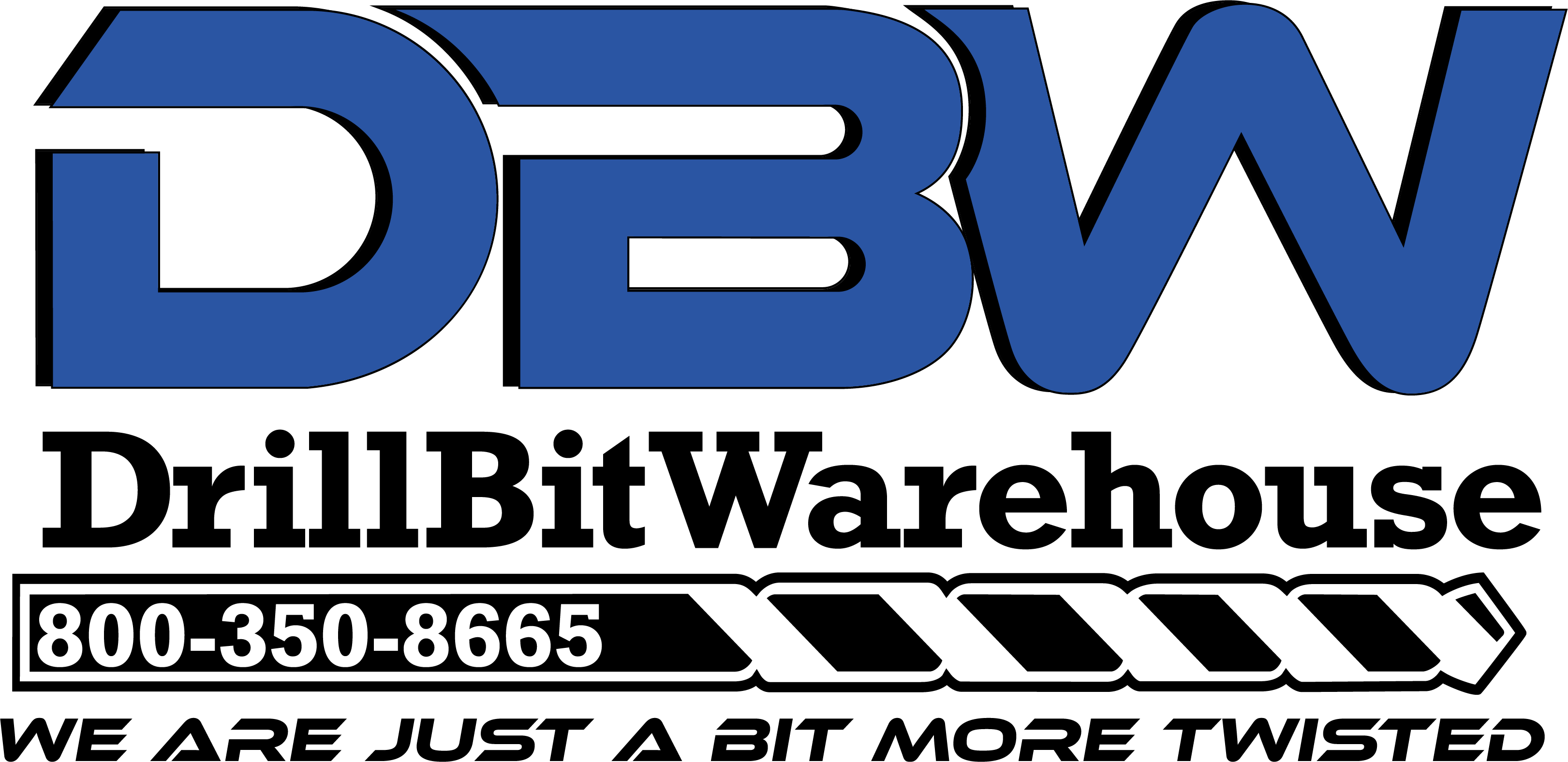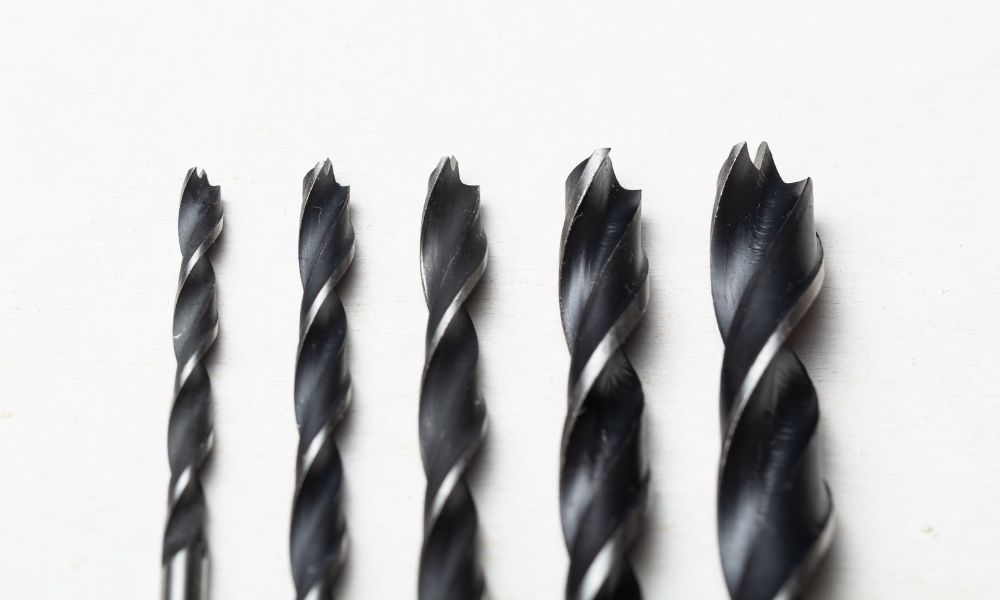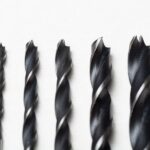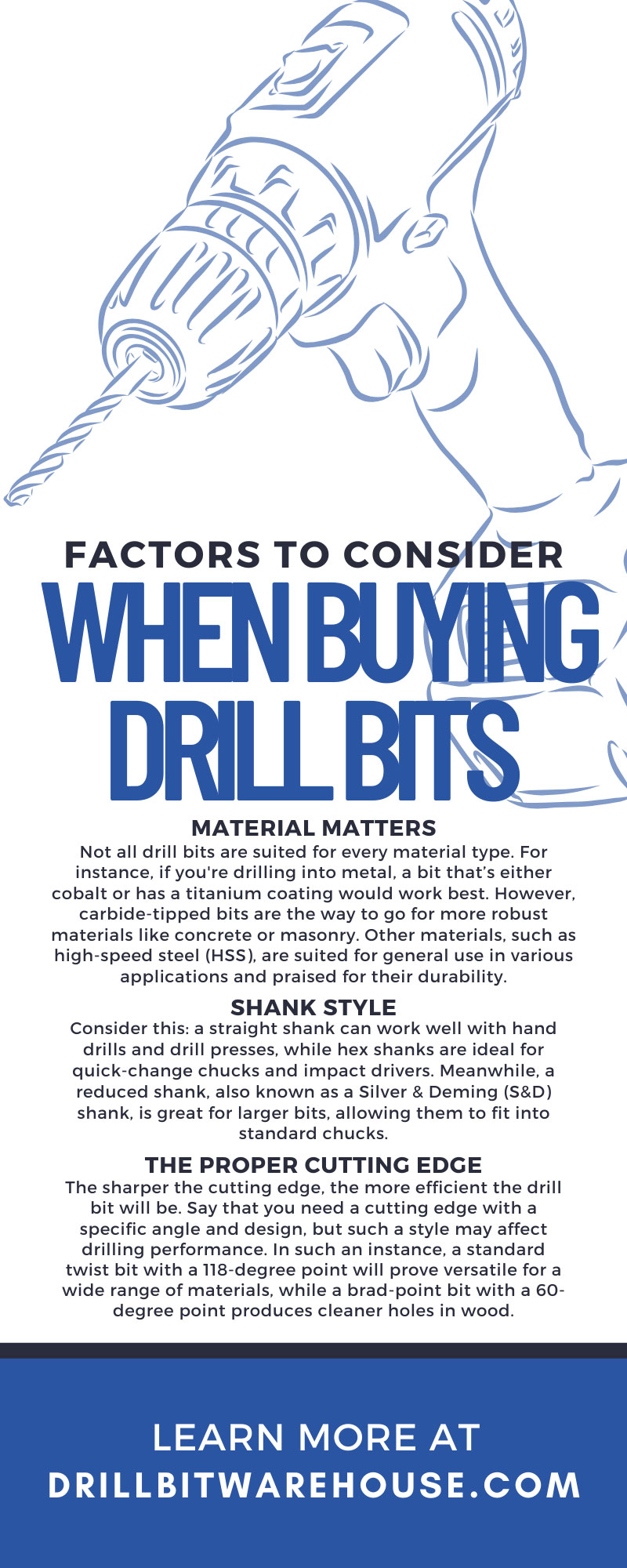As a professional contractor, knowing your way around drill bits is as important as having the right measurements for a project. Effective drills with the correct bit can mean the difference between a job that’s completed on schedule and one that drags. Ready to elevate your tool kit? Check out the definitive list of what factors to consider when buying your next set of drill bits.
Material Matters
The first component to consider is the material you intend to drill. Not all drill bits are suited for every material type. For instance, if you’re drilling into metal, a bit that’s either cobalt or has a titanium coating would work best. However, carbide-tipped bits are the way to go for more robust materials like concrete or masonry. Other materials, such as high-speed steel (HSS), are suited for general use in various applications and praised for their durability.
Shank Style
Understanding shank styles goes a long way when checking for compatibility with your drill. Consider this: a straight shank can work well with hand drills and drill presses, while hex shanks are ideal for quick-change chucks and impact drivers. Meanwhile, a reduced shank, also known as a Silver & Deming (S&D) shank, is great for larger bits, allowing them to fit into standard chucks.
The Proper Cutting Edge
The drill bit’s cutting edge is crucial for productivity. The sharper the cutting edge, the more efficient the drill bit will be. Say that you need a cutting edge with a specific angle and design, but such a style may affect drilling performance. In such an instance, a standard twist bit with a 118-degree point will prove versatile for a wide range of materials, while a brad-point bit with a 60-degree point produces cleaner holes in wood.
Drill Bit Size and Measurement
Size doesn’t matter with a drill bit, but it directly impacts a drilled hole’s diameter, so getting the right size for your project is essential to maintain safety and precision. Buying a comprehensive drill bit set with different sizes ensures you have the perfect drill bit for any job.
Be careful where you purchase your drill bits because the set or type you buy could come from another country. This means you will need to pay attention to imperial and metric measurements since the place of origin you purchase your bit from may have different standards and the material sizing may be off.
Fit for Purpose
Not every drill bit can handle every job. For instance, start-up bits create accurate holes without a pilot hole, while expansive bits are intended for creating large holes in drywall. Specialty bits like step bits can drill through different thicknesses of sheet metal without needing to be changed out. Keep the application in mind when selecting a drill bit.
Flute and Spiral Design
The flute number and lengths, as well as their spiral design, affect chip evacuation, bit cooling, and the quality of the leading edge. Longer flutes and a twist with a longer spiral length are good for longer drilling jobs and deeper holes. Shorter spirals are better for fast, repetitive drilling applications.
Surface Treatment
Drill bits often come with surface treatments or coatings that improve performance. For instance, black oxide provides heat resistance and lubricity, while titanium nitride coatings can extend the life of the bit. Consider what surface treatment can benefit your typical drilling environment.
Understanding Torsion and Strength
Torsion bits are necessary for impact drilling. They can withstand the sudden torque and reduce the likelihood of the bit shattering. Consider the material thickness, as wider bits are stronger and can handle more robust materials without issue.
Compatibility With Your Drill
The drill bits you use should be compatible with the drills you already own or plan to purchase. The shank size and style should match the chuck of your drill. For example, a keyless chuck will have a tighter grip on the round shank design versus the hex or other specialized shanks.
The Durability Factor
Durability is an essential consideration for professionals whose drill bits see constant use. Look for drill bits made from high-quality, long-lasting materials. High carbon steel is durable, but HSS and cobalt alloys offer even more strength and longevity against wear.
Information on the Packaging
While it might seem trivial, reading the information on the packaging can provide key details about the drill bit. The packaging description and information might include the material that the drill bit is suited for, the drill bit size in both metric and imperial units, usage instructions, and the type and quantity of drill bits in the package.
Price and Value
Sometimes, opting for the cheapest option isn’t the most cost-effective decision. It’s crucial to find a balance between high-quality drill bits and a reasonable price. A higher initial investment in quality bits can eventually pay off through reduced replacement costs and improved job performance.
Return on Investment
When calculating your purchase’s actual cost, consider the return on investment (ROI). Considerations include the bit’s longevity, efficiency, and the benefits it provides to the quality and speed of your work. A bit with a slightly higher price tag but a significantly longer lifespan and better performance may offer a higher ROI.
Safety Features
Safety should always be a top priority, which is why many drill bits come with their own set of safety features. Look for bits with a secure shank that won’t slip in the chuck. Also, consider buying twist drills with a split point to avoid “walking” when starting the hole, ensuring that drilling is more precise and there’s less chance of slippage.
Reviews and Recommendations
Before making a purchase, it’s always beneficial to hear from other professionals. Online reviews and recommendations can offer insights into the performance and longevity of the drill bits you’re considering. Pay attention to common issues and positive experiences that align with your drilling needs.
Buying a Drill Bit
The drill bits you choose should be based on considerations like these. From material choice to tool compatibility, each factor plays a crucial role in your work’s quality and safety. Thoroughly examining each factor to consider when buying a drill bit helps enhance your tool kit and, ultimately, the success of your projects. Investing in the right drill bits means investing in the longevity of your tools and improved project productivity.
Drill Bit Warehouse has an extensive range of wet diamond core drill bits that are ideal for both concrete and masonry applications. Our stock ensures you have the perfect tool for the job every time. Visit now to discover more about our products and elevate your drilling experience.





